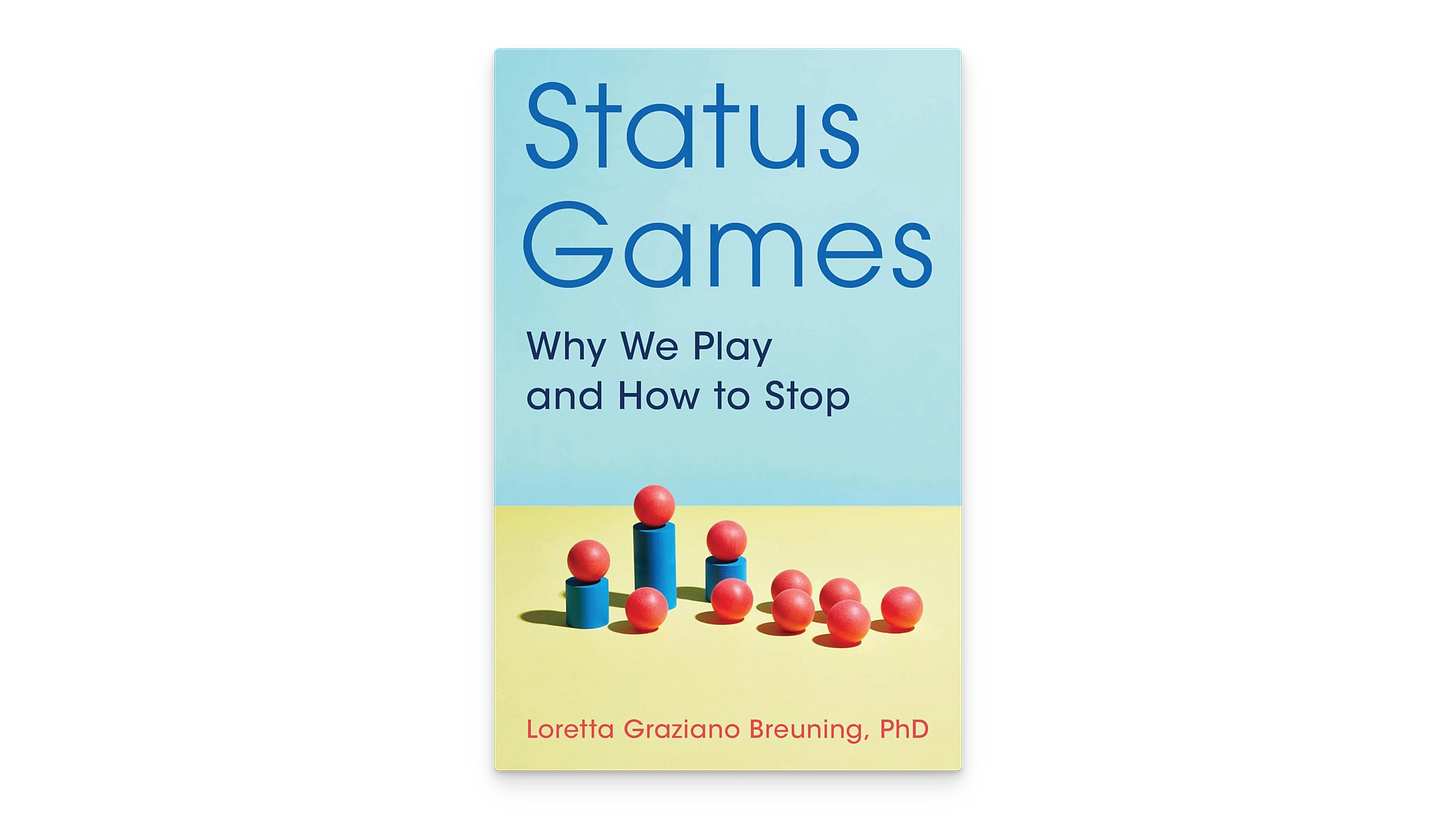by Loretta Breuning
Most of us spend a significant chunk of our lives chasing approval—aiming to stand out, trying to be respected, or at least making sure we don't fall behind. Whether it’s climbing the corporate ladder, counting social media likes, or keeping up appearances with neighbors, the pressure is constant. Have you ever paused and wondered whe…











